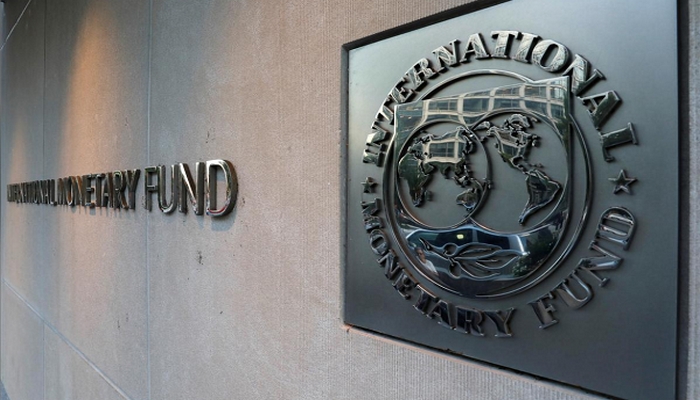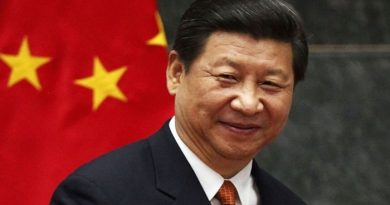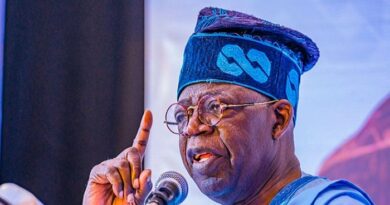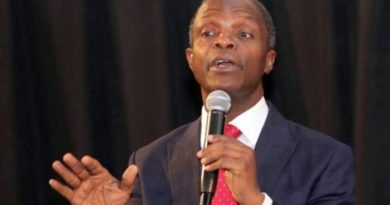IMF urges caution in Nigeria’s currency notes redesign plan
The International Monetary Fund (IMF) has urged Nigeria to apply caution in its plan to replace higher denominations of the naira and avoid any missteps that could undermine confidence in the financial system.
The IMF has reached out to the Central Bank of Nigeria (CBN) to get more information on the plan which was announced on Wednesday, Ari Aisen, the lender’s resident representative, said in an emailed response to questions. “We stand ready to provide any assistance as needed,” he said.
The country’s banking regulator plans to issue redesigned 200-, 500- and 1,000-naira notes from mid-December, according to Central Bank Governor Godwin Emefiele. Nigerians have until Jan. 31 to exchange the existing bills for new ones, a tight deadline considering that the central bank wants to mop up 2.7 trillion naira that it says is outside banking vaults.
Cash Clampdown in Nigeria Seeks to Curb Hoarding, Kidnappings
The short period “could create huge operational pressure on banks and some traders may prematurely reject the existing currency notes once the new ones come into circulation,” Kingsley Moghalu, former deputy governor of the central bank, said by text message.
Still, the “move is a necessary step to tighten money supply and battle high inflation,” Moghalu said.
The regulator is also hoping it will prevent currency hoarding and curtail illegal activity including kidnappings-for-ransom in Africa’s largest economy.
Rich Dollars
The central bank is unlikely to get excess cash out of circulation because those that can afford it have already stopped holding naira due to low confidence in the currency, said Bongo Adi, a professor at Lagos Business School.
“I am not sure Nigerians keep money in bunkers,” he said. “If they have money, people have moved it into dollars a long time ago, if they have not moved it into real estate.”
Some traders are also worried about the six-week currency replacement window encompassing the Christmas season, when sales peak.
“We are approaching the festive period every trader is looking forward to and to announce this decision at this time will cause a lot of inconvenience for us and our customers,” said Bola Ashiru, a textile trader at the Garki market in Abuja.
Few Branches
The exercise is likely to pressure rural Nigerians, who have to travel miles to reach bank branches in major cities. Nigeria has 4.5 bank branches per 100,000 people compared with an average of 10 per 100,000 globally, according to the World Bank. An estimated 45% of adults in Africa’s most populous country dont’ have a bank account.
Kazeem Olayiwola, 44, a commercial taxi driver in the capital, said he was concerned about the time he will have to spend in line to change the notes.
“Standing in queue for hours will cost me money that I am trying to make,“ Olayiwola said.
Credit: Bloomberg




